23 May 2022
CAR T-cells are changing the game in how we fight previously untreatable blood cancers. However, much still stands in the way of CAR T-cell therapy becoming an effective treatment option for all cancer types, particularly in solid tumours like lung or breast cancer. Researchers at the Malaghan Institute are working hard to improve CAR T-cell therapy, finding innovative solutions to apply CAR T-cell technology to a broader range of cancers.
Dual CAR T-cells
Dr Rachel Perret leads the Malaghan Institute's Freemasons CAR T-cell Research Programme team in the Weinkove Laboratory and works alongside Clinical Director Dr Rob Weinkove to improve the CAR T-cells’ ability to find and target cancer.
“We’re trying to design a dual CAR system where we’ll make T-cells that can target two different cancer proteins instead of one,” says Dr Perret. “That way, we can guard against cancers losing a single protein and becoming ‘invisible’ to the immune response.”
Current CAR T-cells can only recognise a limited range of proteins – one CAR can only target one cancer protein. Using dual CARs, the resulting CAR T-cells are more likely to respond to more cancer cells within a tumour. The team are currently investigating whether dual CAR T-cells are effective in patients with different forms of blood cancer, with the hope to broaden their work to target solid cancers.
“Solid tumours typically express their proteins ‘heterogeneously’ – as in not every cell expresses the same target,” says Dr Perret. “By applying dual CARs to our CAR T-cells, we increase the chances that the therapy will recognise all the cells in a tumour and so more effectively remove it from the body.”
Combination therapies
Unfortunately, even with dual CAR T-cells recognising up to two different proteins on a cancer cell, when it comes to solid tumours, it’s unlikely that current CAR T-cells will correctly identify every cell in a tumour as cancerous. This is simply because of how cancer cells in a solid tumour vary in their expression.
However, rather than relying on CAR T-cells to correctly identify every single variation of a cancer cell in a solid tumour, Professor Ian Hermans’ lab is investigating ways to get around this limitation by creating CAR T-cells that work in combination with chemotherapy.
The research involves arming the CAR T-cells with an enzyme that activates a chemotherapeutic drug once it binds to a cancer cell. Once this chemotherapy drug is activated, it destroys the surrounding cells, which hopefully includes the parts of the tumour the CAR T-cells could not target.
The added benefit of this method is that it allows very direct and targeted chemotherapy application without the negative side-effects that chemotherapy injected into the bloodstream can bring.
Both these research projects represent the wide range of approaches under investigation that may lead to the development of CAR T-cells that are more durable and effective at targeting different types of tumours for destruction.
Related articles
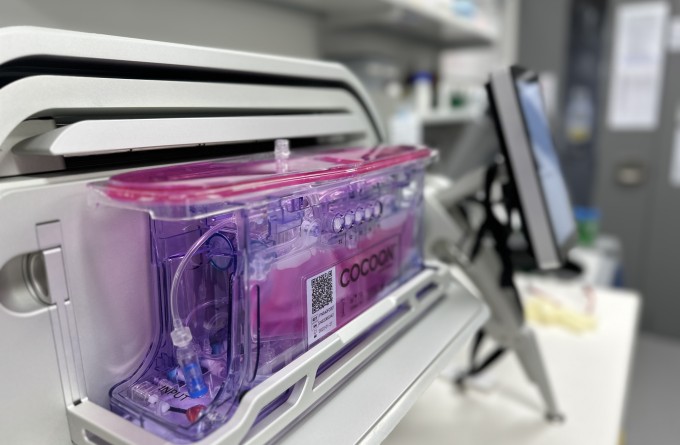
Significant milestone reached in first NZ CAR T-cell trial as preparations made for larger phase 2 registration trial
25 March 2024
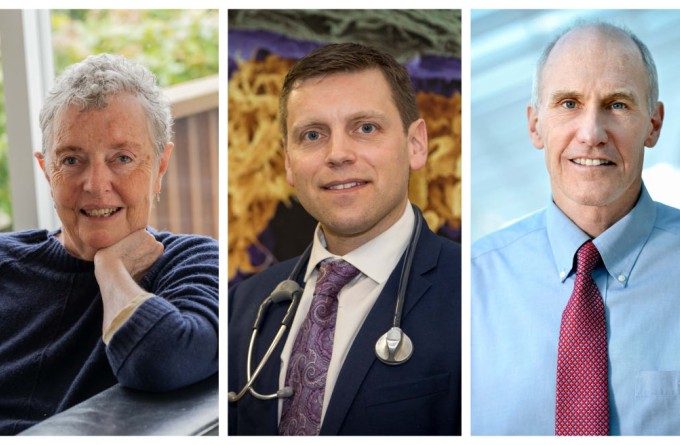
RNZ: Engineering immune cells to kill cancer
5 November 2023

BioOra appoints CAR T-cell therapy pioneer, Professor Carl June to Board
31 October 2023
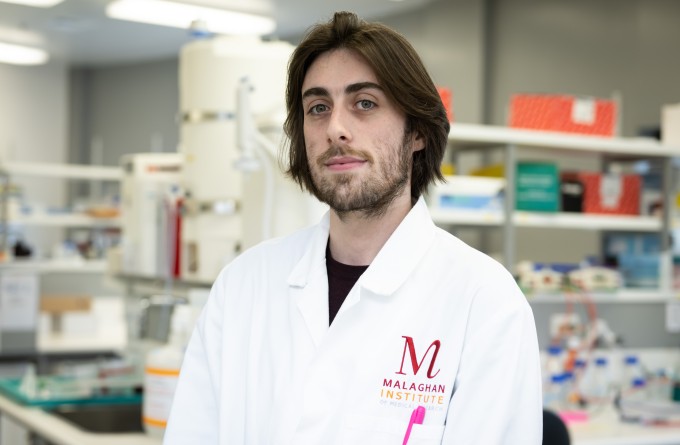
In Focus: Mastering the technology behind automated CAR T-cell manufacture
14 September 2023
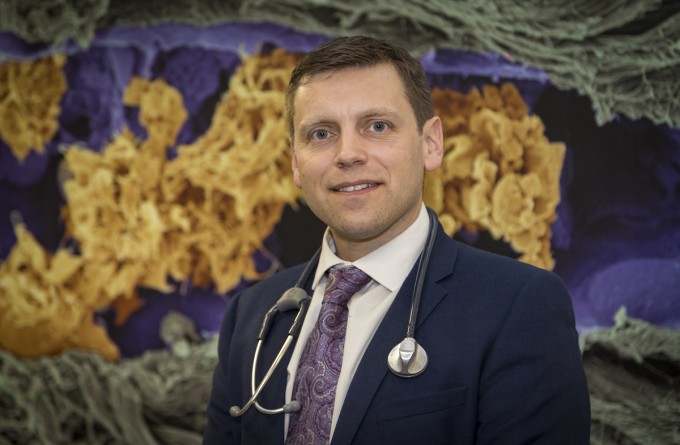
RNZ: New Zealand developed cancer treatment one step closer to market
17 May 2023
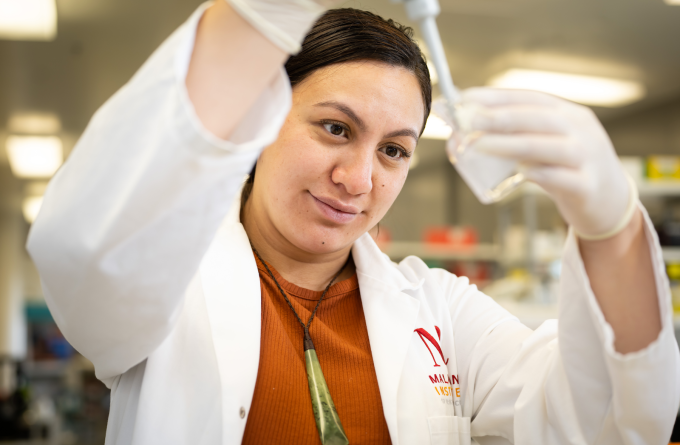
Malaghan PhD student receives Māori Cancer Researcher Award
28 April 2023
